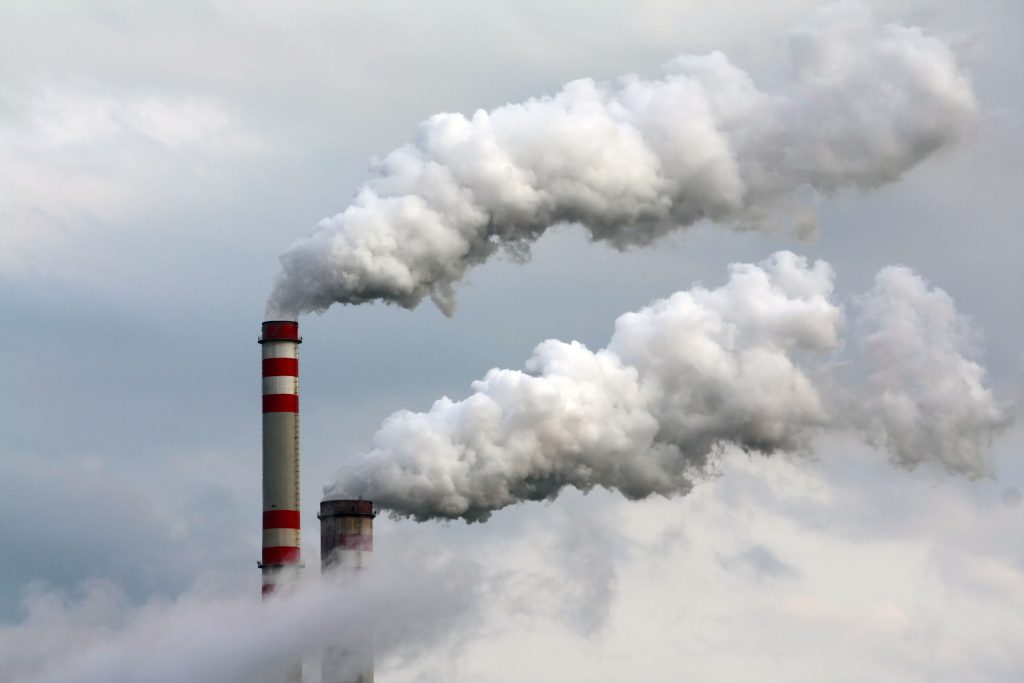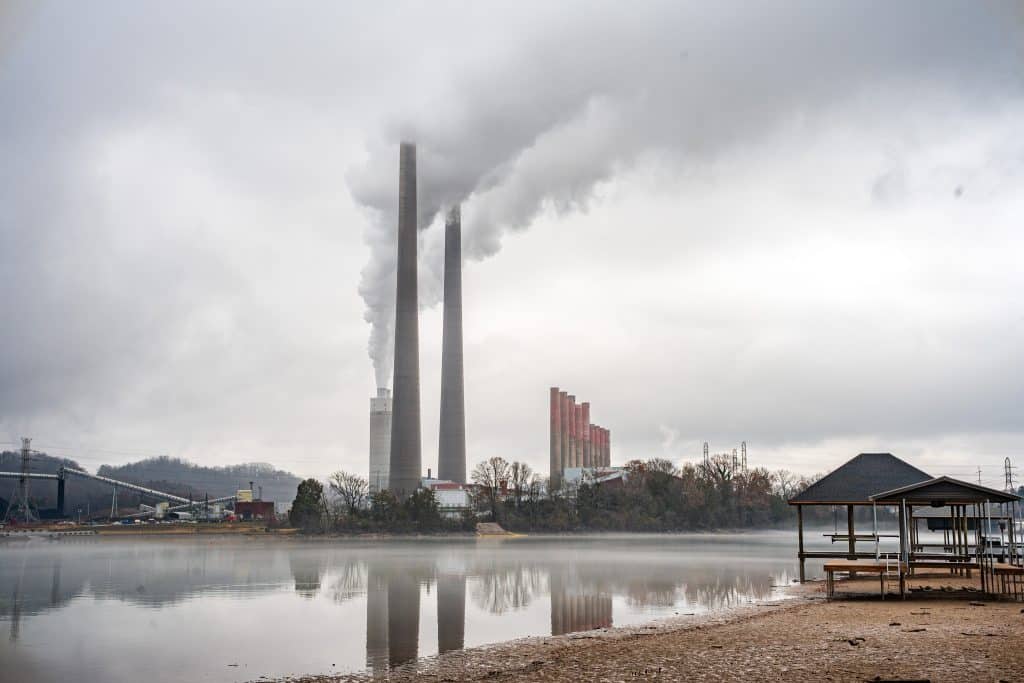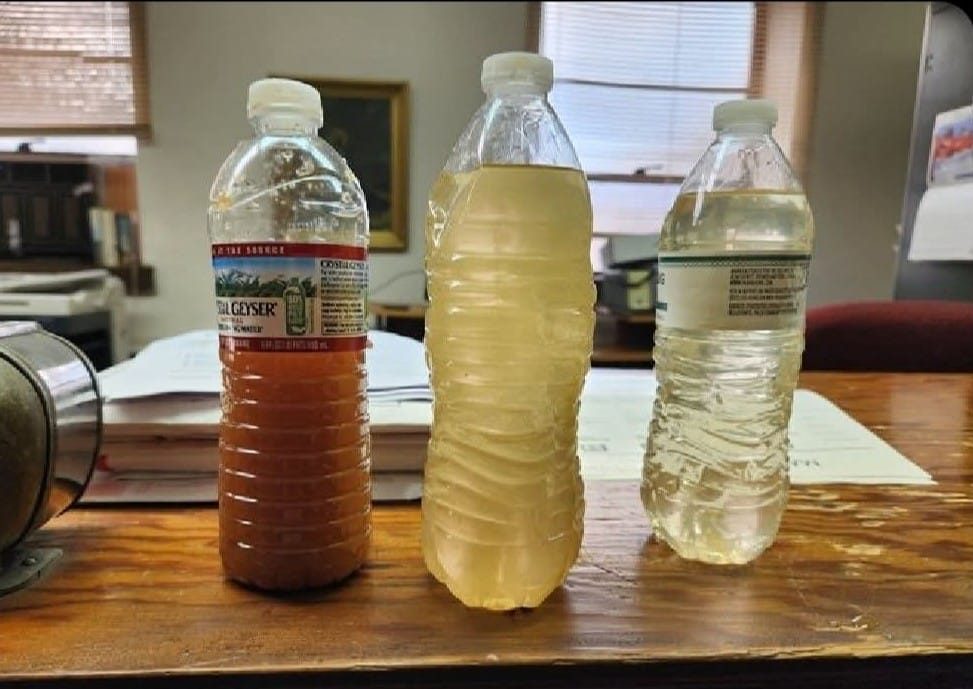Water Quality Specialists Heading to Coal Slurry Spill in West Virginia
Contact: Cat McCue, communications director, 434-953-8672, cat@appvoices.org
Two water quality specialists with Appalachian Voices are on their way to the site of a coal slurry spill south of Charleston that was reported by officials early today. They will attempt to take water quality samples and photographs of the scene.
Early press reports indicate a pipe that carries coal slurry from the Kanawha Eagle Prep Plant in Kanawha County to an adjacent settling pond burst sometime in early Tuesday morning. The slurry spilled into Fields Creek, and has apparently begun to reach the Kanawha River, about 3.5 miles away. Officials report there are no public drinking water intakes that would be immediately affected downstream of this spill.
Matt Wasson (828) 773-0788
Director of Programs, Ph.D. in Ecology from Cornell University
Erin Savage (206) 769-8286
Water Quality Specialist, M.E.Sc. from Yale School of Forestry and Environmental Studies
This is the third significant coal-related water pollution event in the Southeast in the past month. On January 9, near Charleston, W.Va., a tank holding Crude MCHM, a chemical used to prepare coal for combustion, failed, dumping about 10,000 gallons of the toxic chemical into the Elk River just a few miles upstream of a major drinking water intake; a federal emergency was issued and 300,000 people were told not to use their tap water for drinking, bathing or cooking. On February 3, in Eden, N.C., a large pipe under a coal ash pond owned by Duke Energy ruptured, sending up to 82,000 tons of ash and 27 million gallons of tainted water into the Dan River about 23 miles upstream of the water intake for the city of Danville, Va. As of this writing, Danville officials report no contamination of drinking water.
** Wasson and Savage will upload photos to the Appalachian Voices Flickr account as they become available. Press are free to use these photographs, with attribution to “Appalachian Voices.” Please check this link periodically throughout the day.
** We encourage West Virginia press to refer the public to www.AppalachianWaterWatch.org where citizens can contribute information and eye-witness reports of water pollution events, including today’s coal slurry spill.
“A spill of a chemical used by the coal industry, a coal ash spill, and now a coal slurry spill – the common denominator here is the glaring lack of enforcement of the coal industry which has enjoyed political cover for far too long,” says Savage.
“The coal industry prefers to talk about a supposed ‘war on coal,’ but these spills remind Americans why we have environmental rules and why we need much stronger enforcement to keep our water safe,” says Wasson.
###



